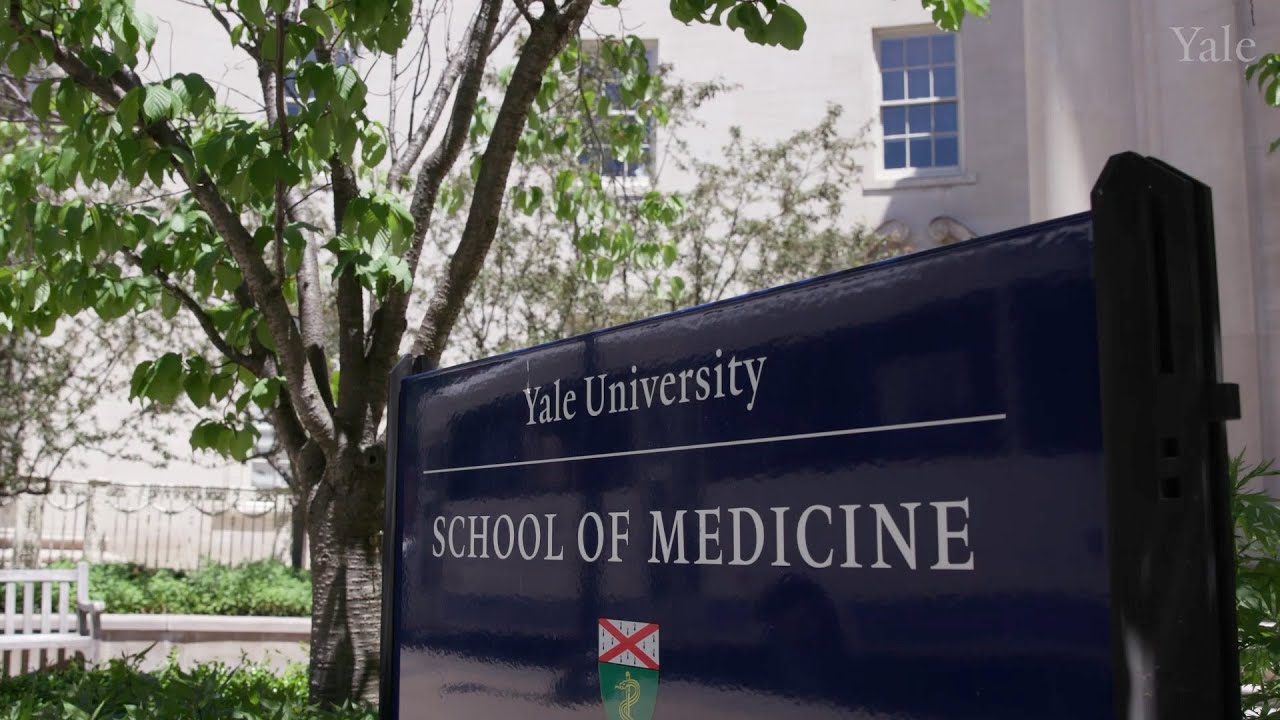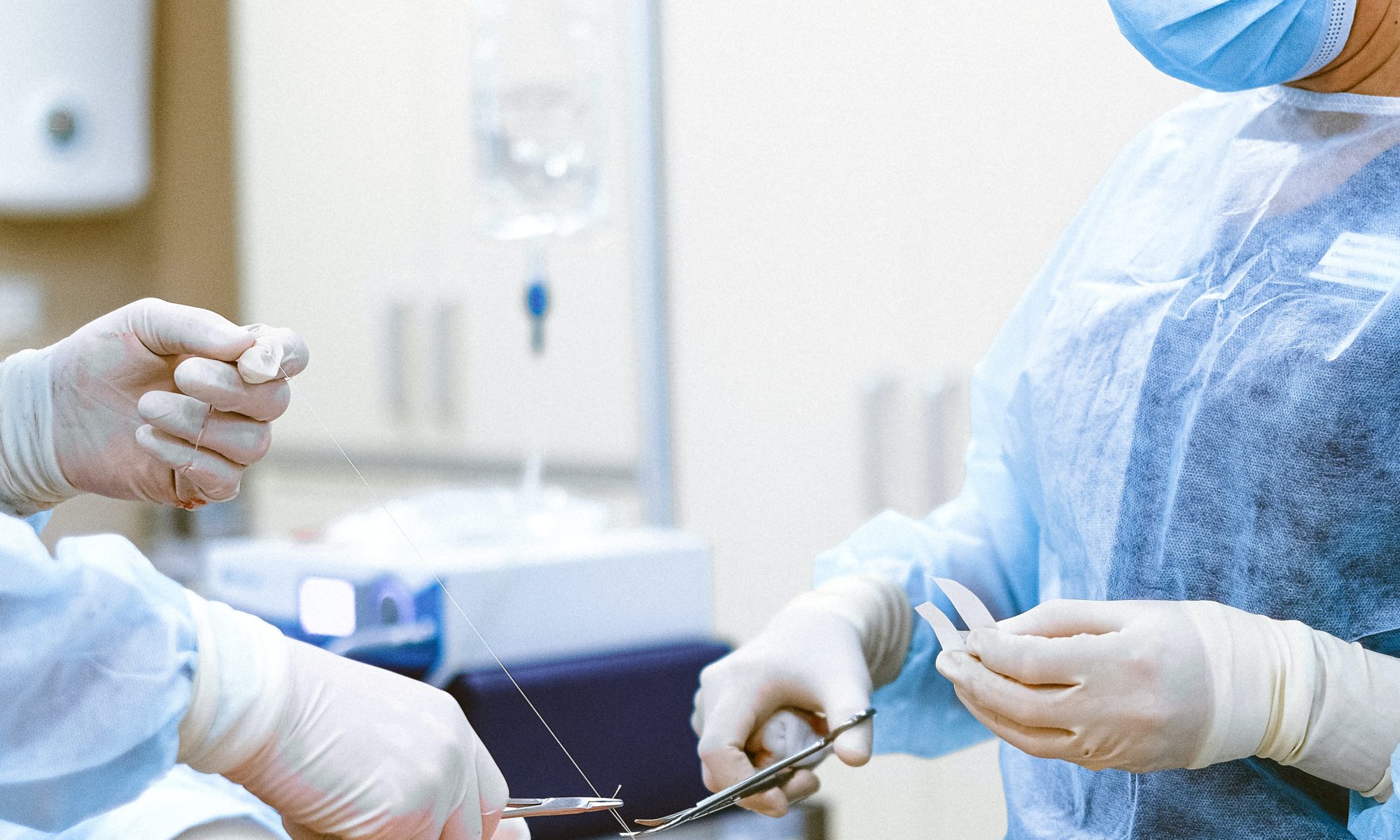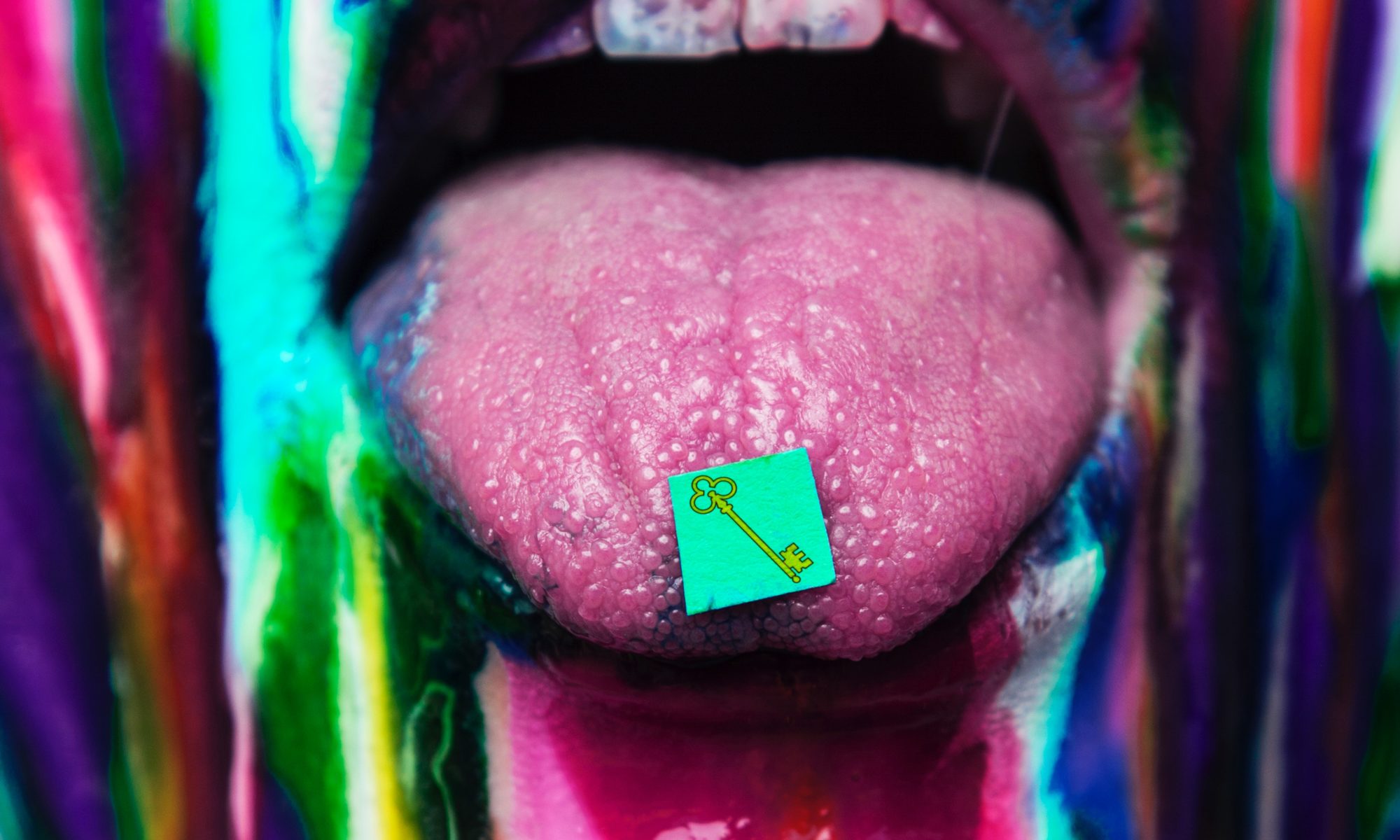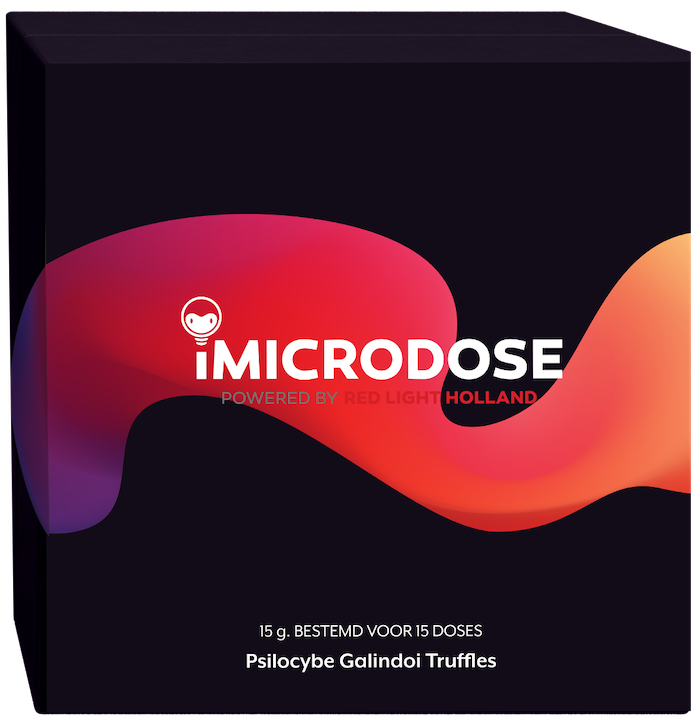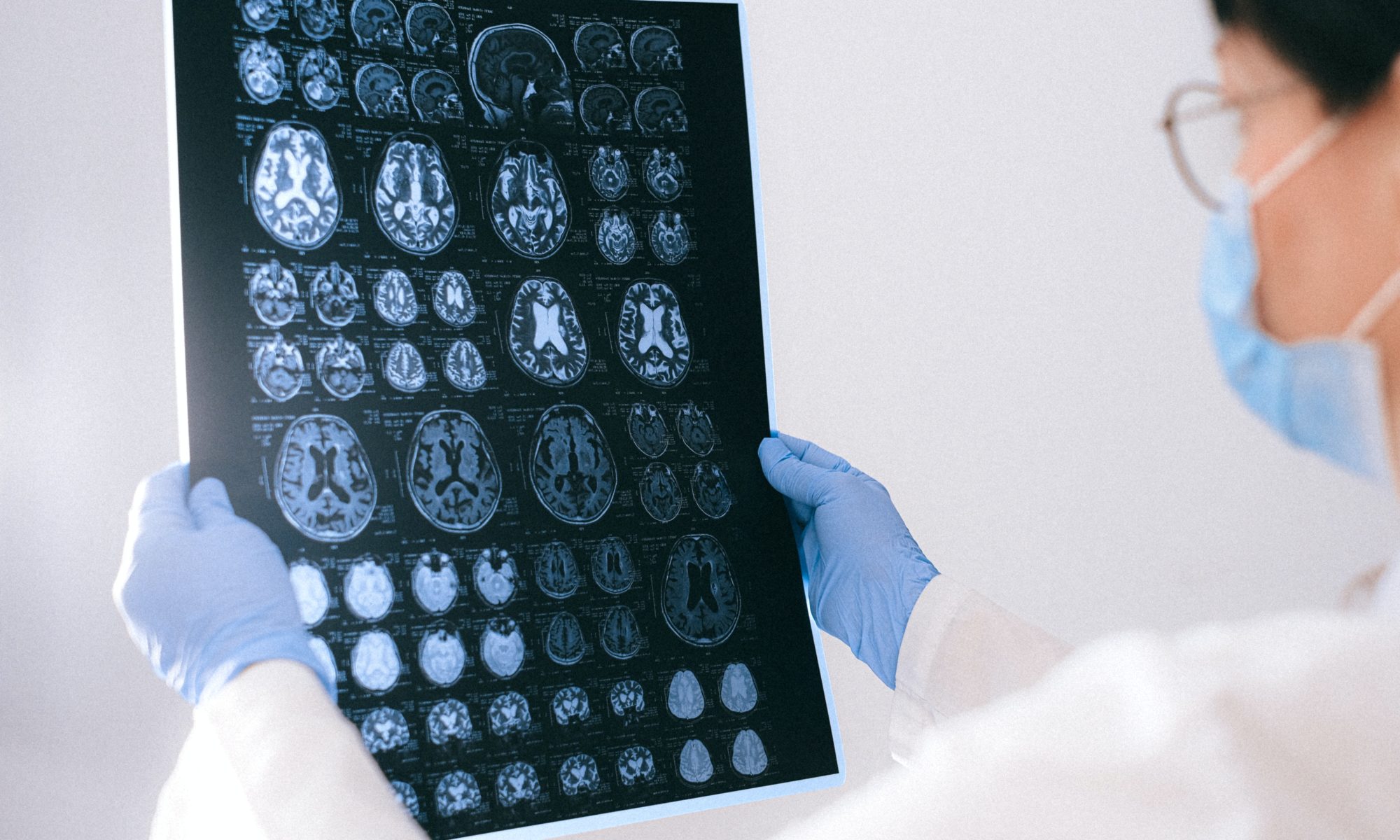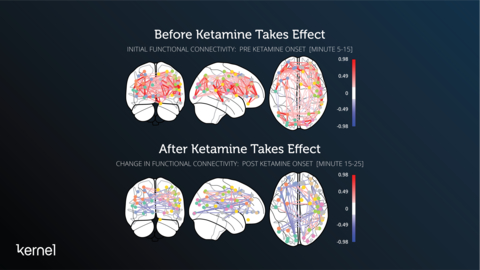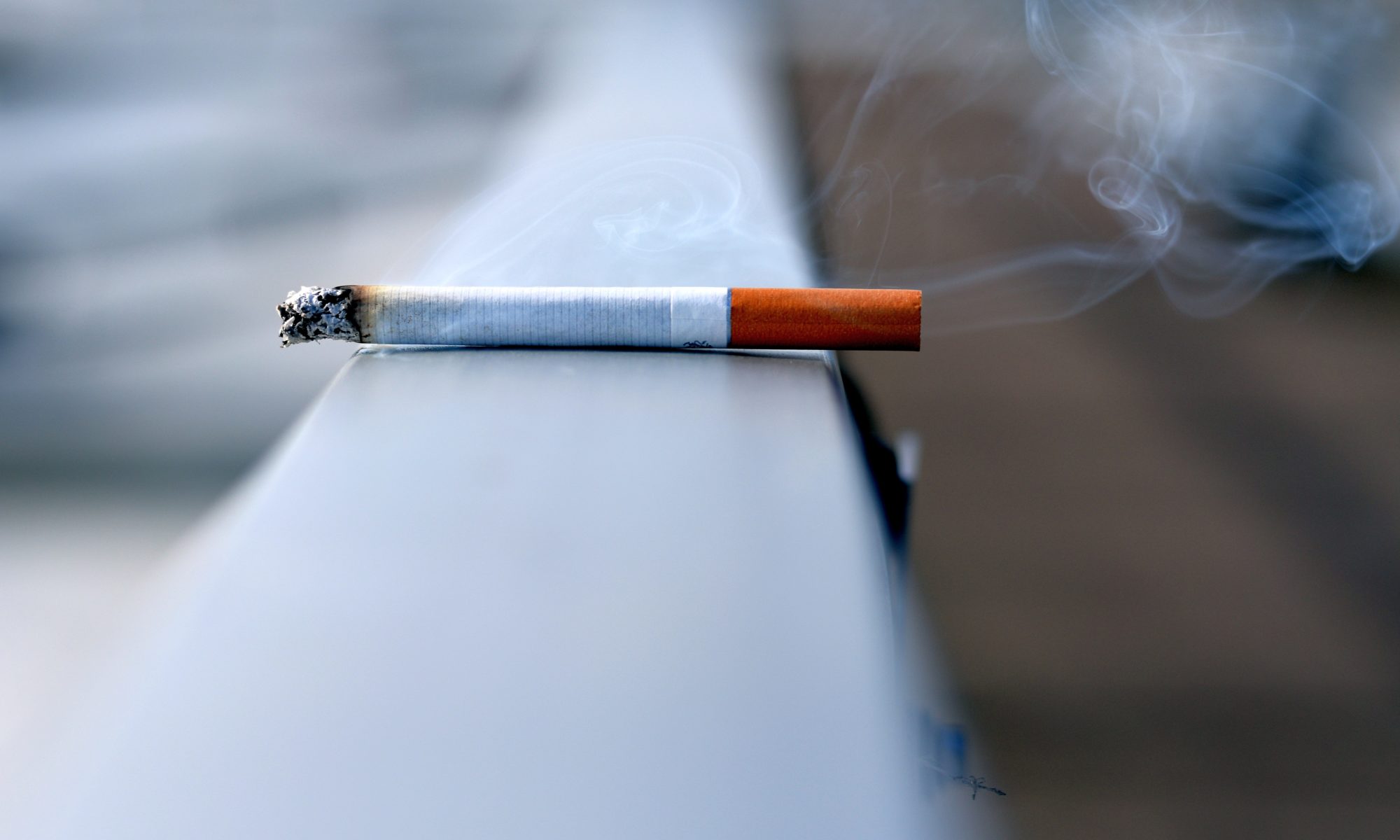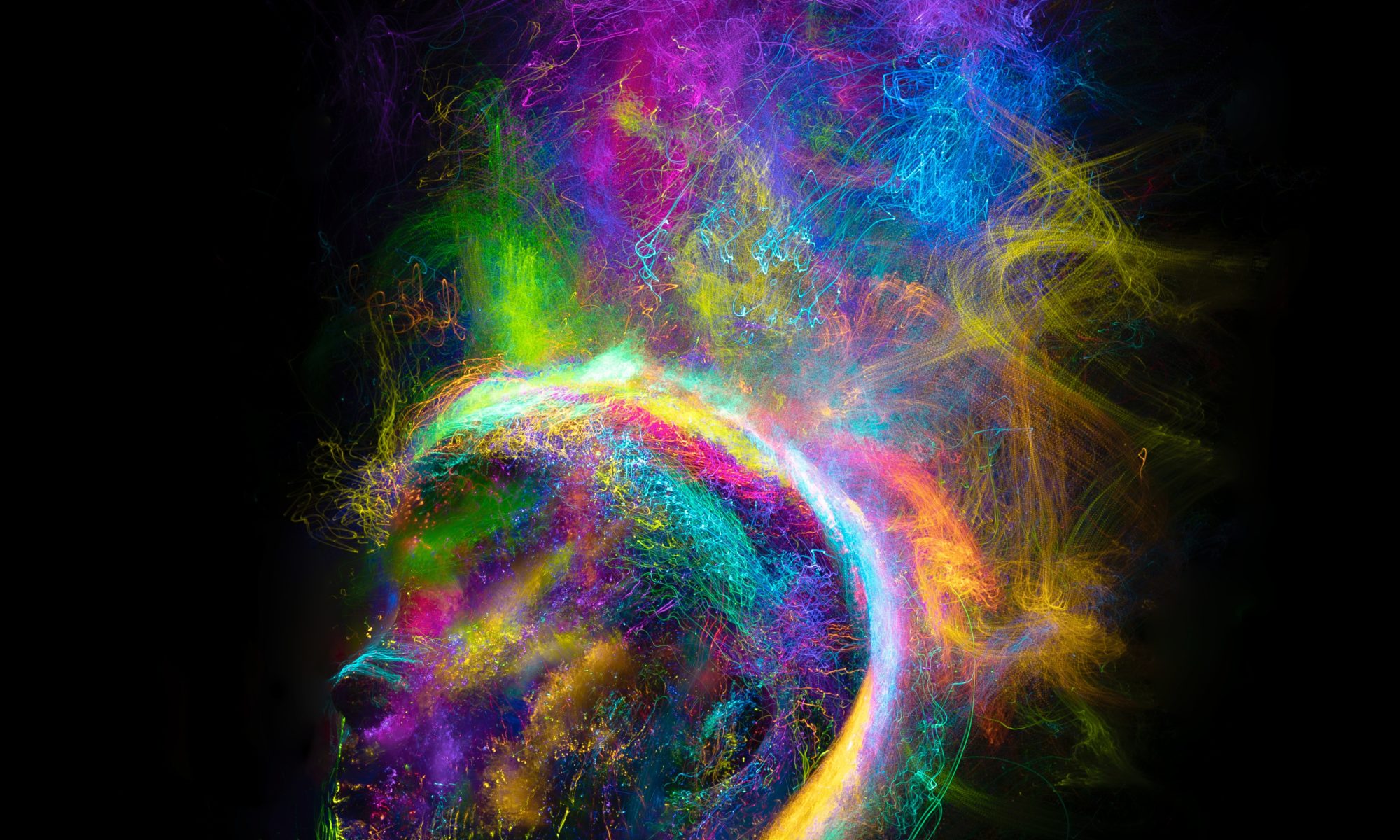Ceruvia Lifesciences Submits FDA Investigational New Drug Application for Psilocybin Obsessive-Compulsive Disorder Program
Ceruvia Lifesciences submitted an application to study psilocybin as a treatment for obsessive-compulsive disorder (OCD) in a Phase 2 trial.
Preliminary findings suggest that psilocybin causes a “rapid and robust improvement in OCD symptoms with a sustained effect,” according to the press release.
The trial, which will be led by Yale researchers later this year if approval is granted, will determine if these findings hold true when psilocybin is compared to an active placebo.

